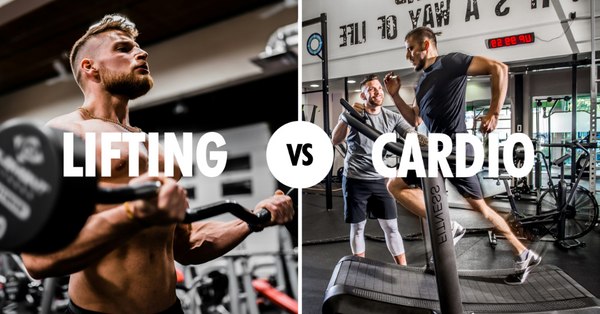The Fake Protein Epidemic

Major protein manufacturers have quietly switched to a cheaper, less effective form of protein that sounds similar enough to the real deal to fool many customers. And some are charging more for it. Here’s what you need to know to avoid getting conned.
The Protein
The protein Micellar Casein (Casein for short) has become a popular ingredient for powders and drinks due to its slow rate of digestion and the long, steady stream of amino acids it feeds to muscles – perfect before bedtime, when recovering muscles might otherwise go 7-9 hours without any nutrition.
Studies have pitted Casein against the more commonly-used variety of whey proteins and found Casein often matched or beat whey at muscle building in the critical post-workout window, and flat out whupped it at keeping muscles growing around the clock.
The Switch
Many protein manufacturers immediately took notice and began charging more for casein and adding it to their existing whey products.
Then they pulled a fast one… and now that new, more expensive "casein" you've been buying may not actually work any better or longer than regular whey protein.
Some of the biggest names in the industry have begun switching from Casein to inferior (but similar sounding) Sodium-Caseinate or Calcium-Caseinate, which lack the micellar structure that provides "real” Casein’s unique benefits.
What to Do
To avoid getting duped, be sure to check the label of any Casein product you’re considering. If it doesn't say "Micellar Casein" or, even better, "100% Micellar Casein" -- buy another product.
Also in News

Upper Chest Won't Grow? It's the Bench Angle.
Your upper chest is flat because your incline bench angle is sabotaging you. One simple adjustment changes everything.

How to Build Legs When Gym's Busy AF
Gym's packed and you can't get a squat rack or a leg press? All you need is 1 heavy dumbbell and you'll never sweat a crowded gym again. Here's the play...

Lifting vs Cardio for Fat Loss: What’s REALLY Better?
Which one’s truly best for cutting body fat? Here’s what the latest science has to say. 💪🔥


